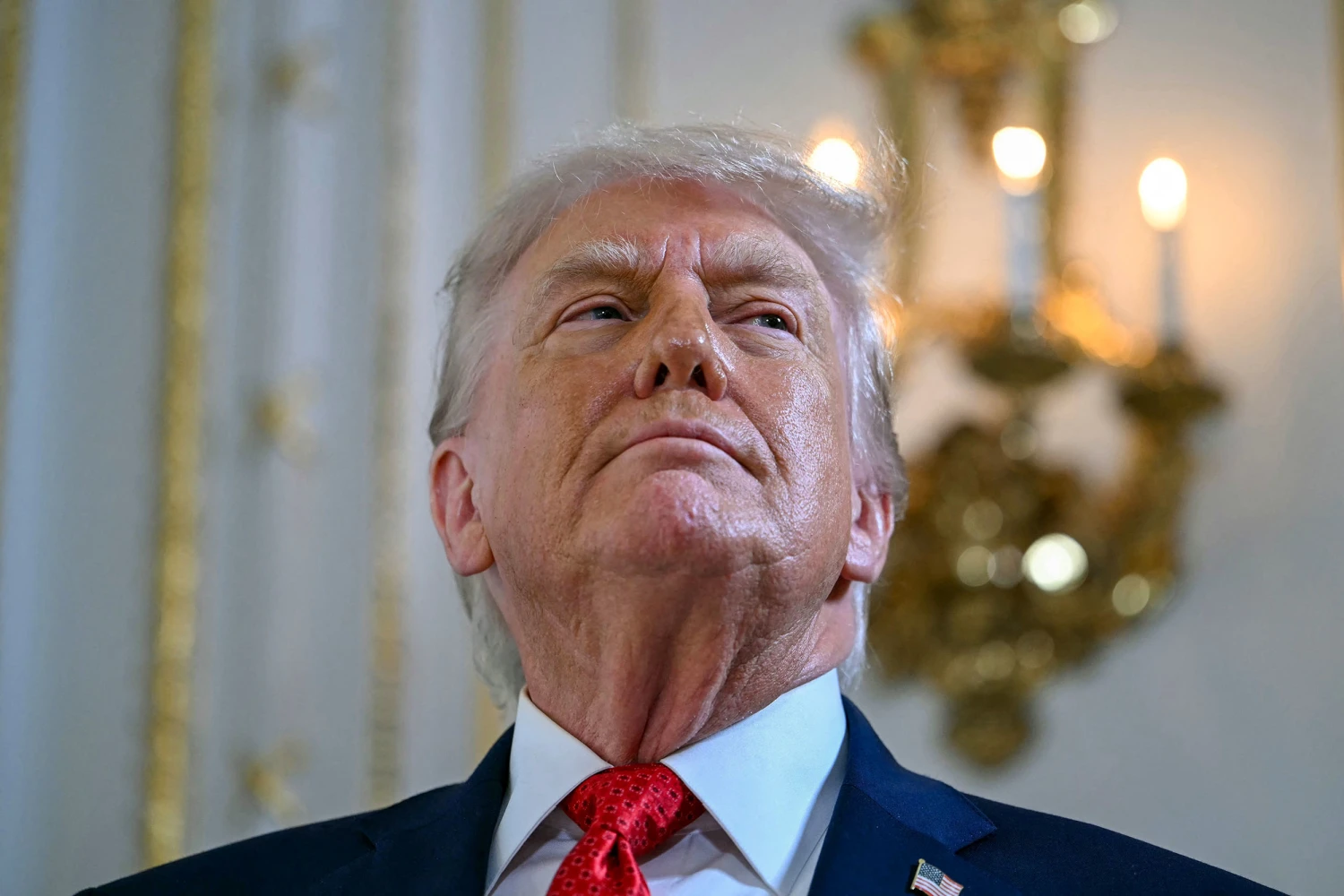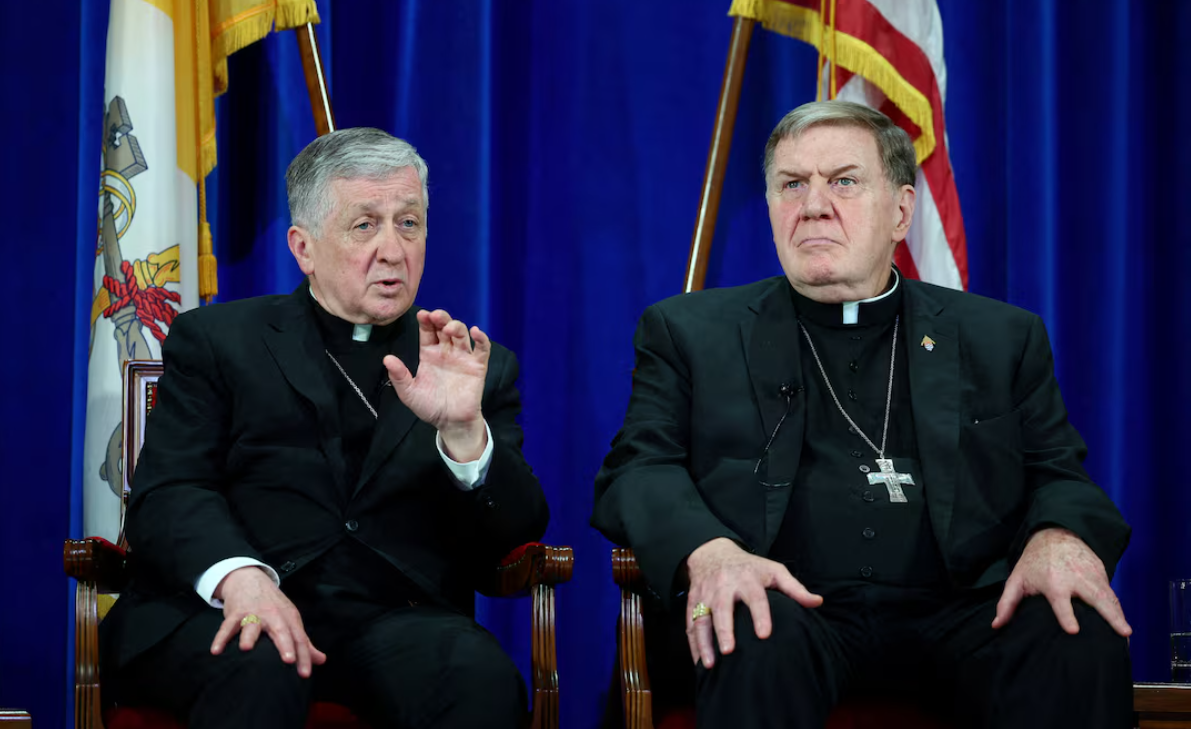The American Civil Liberties Union will spend more than $25 million on down-ballot races across the country in this year’s election, aiming to “go on offense” on issues like abortion rights.
Officials with the civil liberties group said the planned investment, shared first with NBC News, is its largest ever for an election cycle.
The ACLU plans to be involved in the U.S. Senate race in Wisconsin, state Supreme Court races in Arizona, Michigan, Montana, Ohio and North Carolina, and several state legislative races in Georgia, Kansas, Michigan, North Carolina and Wisconsin.
The group will also allocate money toward supporting the proposed ballot measures seeking to enshrine abortion rights in the state constitutions in Arizona, Colorado, Florida, Missouri, Montana, Nebraska, Nevada and New York, as well as specific redistricting reform efforts in Ohio.
The funds will also go toward organizing multiple “volunteer deployments,” including ones intended to educate voters on how to respond to efforts by hostile poll monitors this November.
“This is the most amount of money that we’ve spent in an election cycle,” Deirdre Schifeling, who as ACLU’s chief political and advocacy officer oversees the group’s political expenditures, said in an interview.
“What our team is building at the ACLU in a new way is the ability to go on offense. To not just defend civil rights and civil liberties, but to go out and win civil rights and civil liberties,” Schifeling said. “By shaping our electoral environment by communicating with voters about electing the person who’s going to actually support civil rights and civil liberties.”
Schifeling called the $25 million investment “groundbreaking” not only for its size — the ACLU’s largest electoral investment had previously been about $16 million during the 2020 cycle — but also because the group created its first federal super PAC, the ACLU Voter Education Fund, to disburse the funds.
“The organization is really, really good on defense, and now we’re also building up the ability to be really good on offense as well,” Schifeling said.
Despite its broad recognition on civil liberties issues, the ACLU only began direct voter engagement recently. Its first voter education program kicked off in 2018, and the group has steadily increased those efforts each cycle since then.
The civil liberties group is officially nonpartisan, so its efforts will focus on issues — most prominently abortion rights — and how candidates have positioned themselves on them. The ACLU’s initial investment will only go toward down-ballot races, not the presidential contest.
“We are nonpartisan, so we do not tell voters who to vote for, but we do give them sharp and clear information on candidates records,” Schifeling said. “This cycle, we are focused primarily on voter education around what’s at stake in this election and what candidates’ positions are on key issues — particularly reproductive rights, voting rights and democracy.”
The spending will be allocated for direct mail, digital ads, radio ads and door-to-door canvassing. The group aims to build up a grassroots base of volunteers and mobilizing them for door-knocking and phone-banking.
Schifeling said the goal in many state legislative races will be “to make sure there is enough of a pro-civil rights, pro-civil liberties” contingent that can uphold or override vetoes by governors in those states on bills pertaining to reproductive rights and voting rights.
The ACLU will also designate some of the money to voter education efforts related to responding to hostile poll monitors and poll watchers this fall.
Those efforts include “voter protection work,” and “litigation advocacy” and come partly in response to plans by the Republican National Committee to build a robust poll monitoring operation ahead of the November election.




